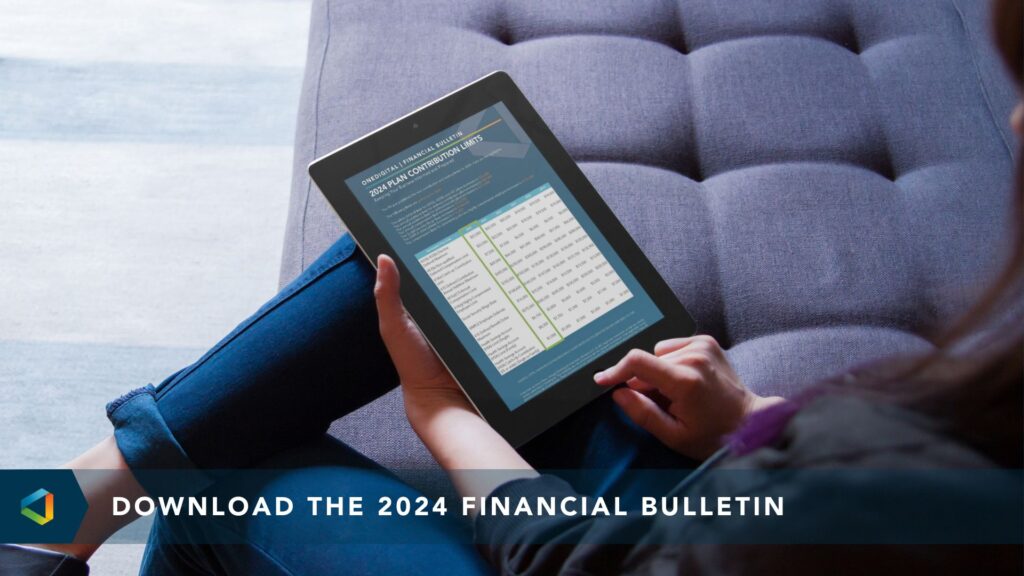Better Benefits
Silver Linings Exist in COVID-19 Market: Funding a Non-Qualified Deferred Compensation Plan
Silver Linings Exist in COVID-19 Market: Funding a Non-Qualified Deferred Compensation Plan
The sudden and unexpected nature of COVID-19 and the direct and immediate impact that it has had on individuals and businesses cannot be taken lightly. There are however, opportunities for investors that we can identify as a silver lining within this current market environment.
In my opinion, the opportunity for tax Loss Harvesting is a bright spot within the realm of non-qualified retirement plans that advisors and investors should be considering during this time. That is because, in the last 30 years, I have never seen a better opportunity to optimize non-qualified retirement plan assets.
What is Tax Loss Harvesting?
It is the practice of selling a security that has experienced a loss to offset taxes on both gains and income. Tax Loss Harvesting is a strategy that is used most often by individuals within their portfolios. Still, it is also a strategy that can be used by plan sponsors/companies with non-qualified retirement plans to optimize the funding of those plans.
First, let me clarify that a non-qualified plan is different than a traditional 401(K). They are called non-qualified because they do not adhere to the Employee Retirement Income Security Act (ERISA) guidelines. Non-qualified plans are used to supply key executives with an additional retirement savings option. They are used as retention and recruitment tools and are also exempt from discriminatory and top-heavy testing that qualified plans are subject to.
For companies who sponsor a nonqualified deferred compensation plan and the plan is funded with taxable mutual funds, now is the time to act.
If you are a CFO and you have both been thinking about funding your nonqualified plan with Corporate Owned Life Insurance (COLI), and you believe the market is going to return to its previous levels, consider this as an option.
By liquidating the mutual fund plan assets, a capital loss is preserved, assuming there are losses in the mutual funds. If those plan assets are then used to purchase the same or similar mutual funds “wrapped” with COLI contracts, all the gains achieved during the economic recovery could grow on a non-taxable basis. This strategy allows you to get a tax credit and eliminate future taxation on the asset.
According to the Prudential/PLANSPONSOR 2019 Executive Benefit Survey:
- 91% of surveyed companies offer a nonqualified deferred compensation plan.
- Of those who sponsor a plan, 59% informally fund their plan.
- Of those that fund their plan, 54% fund with COLI and 41% fund with taxable mutual funds.
These figures show that many companies are already using these types of funding strategies and, by doing so during this time, makes financial sense.
As was previously mentioned, it is challenging to look for silver linings in a time that is so difficult for so many, but if we can also use this time to generate additional benefits for companies to attract and retain quality talent.
If you would like more information about using tax-loss harvesting as a tool for funding a non-qualified deferred compensation plan for your company, please connect with your local OneDigital Advisory Team.
For more information on the important steps businesses should take in the wake of the coronavirus, visit our OneDigital Coronavirus Advisory Hub.
Securities offered through ValMark Securities, Inc. Member FINRA/SIPC. 130 Springside Dr., Suite 300 Akron OH 44333. 800-765-5201. OneDigital is a separate entity from ValMark Securities, Inc.
The material contained in this article is for informational purpose only and is not intended to provide specific advice or recommendations for any individual nor does it take into account the particular investment objectives, financial situation or needs of individual investors. Further the material has been prepared for informational purposes only and is not intended to provide, and should not be relied on for legal or tax advice. Any tax or legal information contained herein is of a general nature. You should seek specific advice from your tax or legal professional before pursuing any idea contemplated herein. All information is based on sources deemed reliable, but no warranty or guarantee is made as to its accuracy or completeness.
Check the background of investment professionals associated with this site on FINRA’s BrokerCheck.
Share
Related News & Updates

Article
7 Tips for Year-End Tax Planning
8.29.2023

Tools & Infographics, Article
2024 Retirement Plan Contribution Limits
11.06.2023


